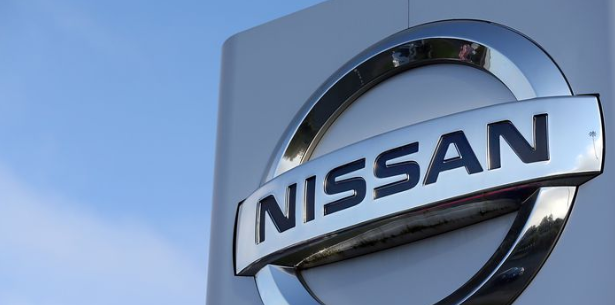
Nissan Motor has reaffirmed its commitment to the South African automotive market, even as its global operations undergo a major shake-up under the company’s recently launched “Re:Nissan” strategy. Amid reports of global cost-cutting, plant closures, and job reductions, the Japanese automaker made it clear that Africa and South Africa in particular, remains central to its long-term growth plans.
This announcement was made during the launch of the new Navara Stealth in Pretoria, where Jordi Vila, President of Nissan Africa, stated that while the Rosslyn plant is still under internal review, the company remains dedicated to expanding in the region. His comments come at a time when the company is grappling with a major restructuring, which includes the closure of seven factories worldwide, a workforce reduction of about 20,000 employees, and a narrowing of its manufacturing footprint from 17 to 10 plants globally.
Rosslyn, located just outside Pretoria, has been home to Nissan manufacturing operations for nearly six decades. The plant has played a critical role in assembling the Navara pickup truck and has also been producing the now-discontinued NP200. In recent years, Nissan invested approximately R3 billion into modernizing the Rosslyn facility, with the goal of increasing production capacity and local parts sourcing.
The upgrades were meant to align with a plan to produce 70,000 vehicles annually, both for the local market and for export. However, those expectations have fallen short. Between January and April 2025, only 1,838 Navaras were sold domestically, while 3,101 units were exported, numbers that pale in comparison to rivals like Ford, which exported over 20,000 Rangers in the same period.
Despite these figures, Nissan is pushing ahead with a refreshed product lineup in South Africa. In addition to the Navara Stealth, the company has introduced a panel van version of the Magnite, effectively stepping in to fill the void left by the NP200. The automaker also plans to roll out a new Patrol SUV along with two other SUV models next year.
These launches are a response to strong market demand for rugged, multipurpose vehicles in South Africa, particularly among small business owners, farmers, and families seeking versatility and performance. The company sees potential in South Africa’s automotive landscape and hopes that these models will help boost production volumes and secure the Rosslyn plant’s future.
The uncertainty surrounding Rosslyn has caused concern among workers and industry observers alike. The plant employs between 1,100 and 1,600 people directly and supports a broader network of suppliers and service providers across Gauteng. Labor unions, including the National Union of Metalworkers of South Africa (NUMSA), have called for transparency and engagement to ensure that workers are not blindsided by potential layoffs or closures. Industry experts have echoed these concerns, noting that any disruption at Rosslyn could have far-reaching consequences for the region’s economy and for South Africa’s position as a key player in Africa’s automotive supply chain.
Looking ahead, much depends on the success of Nissan’s new model rollouts and its ability to secure new export markets. There is growing interest in expanding sales into other parts of Africa, including Egypt, Algeria, and West African nations. Should Nissan achieve competitive volumes and profitability from these initiatives, it could strengthen the case for keeping Rosslyn open and productive.
For now, the company’s commitment to South Africa appears firm, but the coming months will be crucial in determining whether that promise translates into sustained operations and job security on the ground.

Leave a Reply